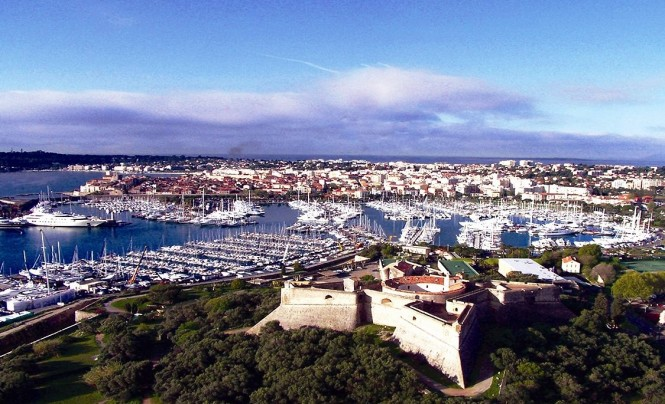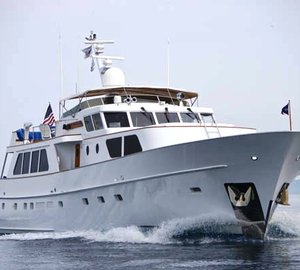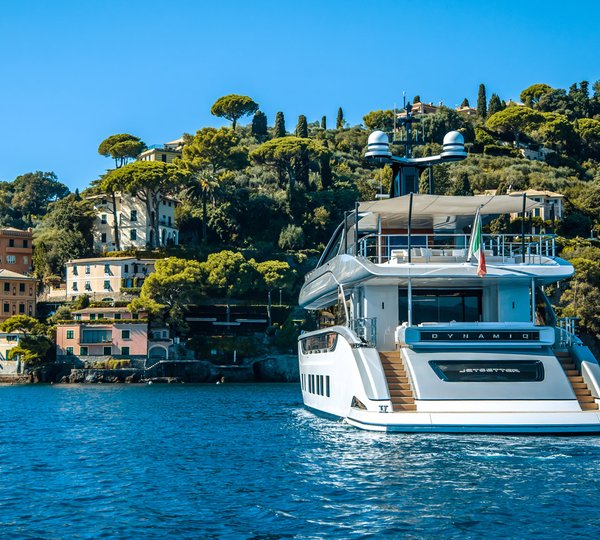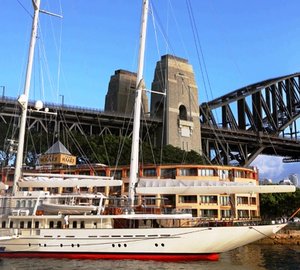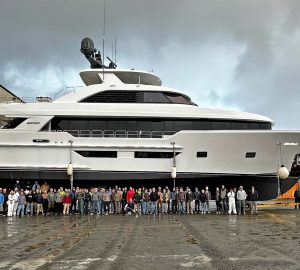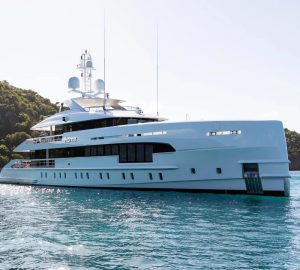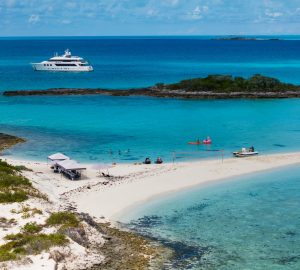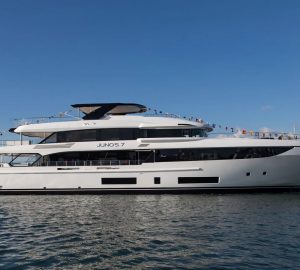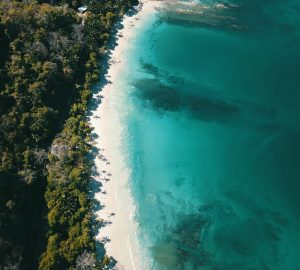As expected, France has published a change in its VAT law and policy relating to commercial vessels. Published as Article 70 of Law No 2010-1658 of 29 December 2010 amending Article 262 of the unified French Tax Code, the Code Général des Impôts, the change now limits VAT exemption only to those commercial vessels operating on the high seas. In a measure underlining the importance of the “high seas” requirement in this change, ships’ provisions supplied to inshore fishing vessels are now also excluded from exemption. The change is effective from 1 January 2011.
Since May 2004, France has sanctioned a VAT exemption for all commercial vessels (including commercial yachts) meeting three cumulative conditions: be registered as a commercial vessel at any Flag State registry, have a permanent crew and be earmarked for charter. This regime, often referred to in yachting circles as the French commercial exemption (FCE), meant that yacht owners and operators transacting in French territorial waters did not have to register for VAT and charge VAT on charters. Moreover, they benefited from tax-free fuelling and provisioning of their vessels. The regime proved popular with those yacht owners who didn’t wish to operate within the VAT system as registered persons.
However in March 2010 the European Commission launched infringement proceedings against France, declaring that French legislation in this area was not in line with wider European Union VAT law, as it unduly extended eligibility for exemption. The Commission cited, in particular the absence of any stipulation in the relevant French law (as opposed to EU law) that “use for navigation on the high seas” was a condition for the exemption of those vessels carrying passengers for reward or used for the purpose of commercial activities. The Commission therefore demanded France change its legislation so as to comply with EU law.
The changes that France has now introduced are in response to that demand. But as tax-free commercial yachting was the main beneficiary of the FCE regime, it now looks set to be the main casualty of the change.
We explore the implications of this significant development in our next Yachting VAT Note, out soon. But should you wish to discuss the issues associated with this change in the meantime then please contact Ayuk Ntuiabane or Grant Atchison.
Any questions or comments relating to this article should be addressed to mail@moorestephens.co.im
Stop the press
Ayuk Ntuiabane – Director
ayuk.ntuiabane@moorestephens.co.im
S ayuk.ntuiabane.msiom
Grant Atchison – VAT manager
grant.atchison@moorestephens.co.im
S grant.atchison.msiom
Clive Dixon – Director
clive.dixon@moorestephens.co.im
S clive.dixon.msiom
Moore Stephens Consulting Limited
PO Box 25, 26-28 Athol Street
Douglas, Isle of Man
This bulletin is prepared by Moore Stephens Consulting Limited. Yachting VAT Note is designed to keep readers abreast of current developments and trends. It is a general guide only and is not intended to be comprehensive. No liability is accepted for the opinions it contains, or for any errors or omissions. In all cases you should seek professional advice specific to your circumstances. Printed and published by © Moore Stephens Isle of Man, member firm of Moore Stephens International Limited, a worldwide association of independent firms.
January 2011.
